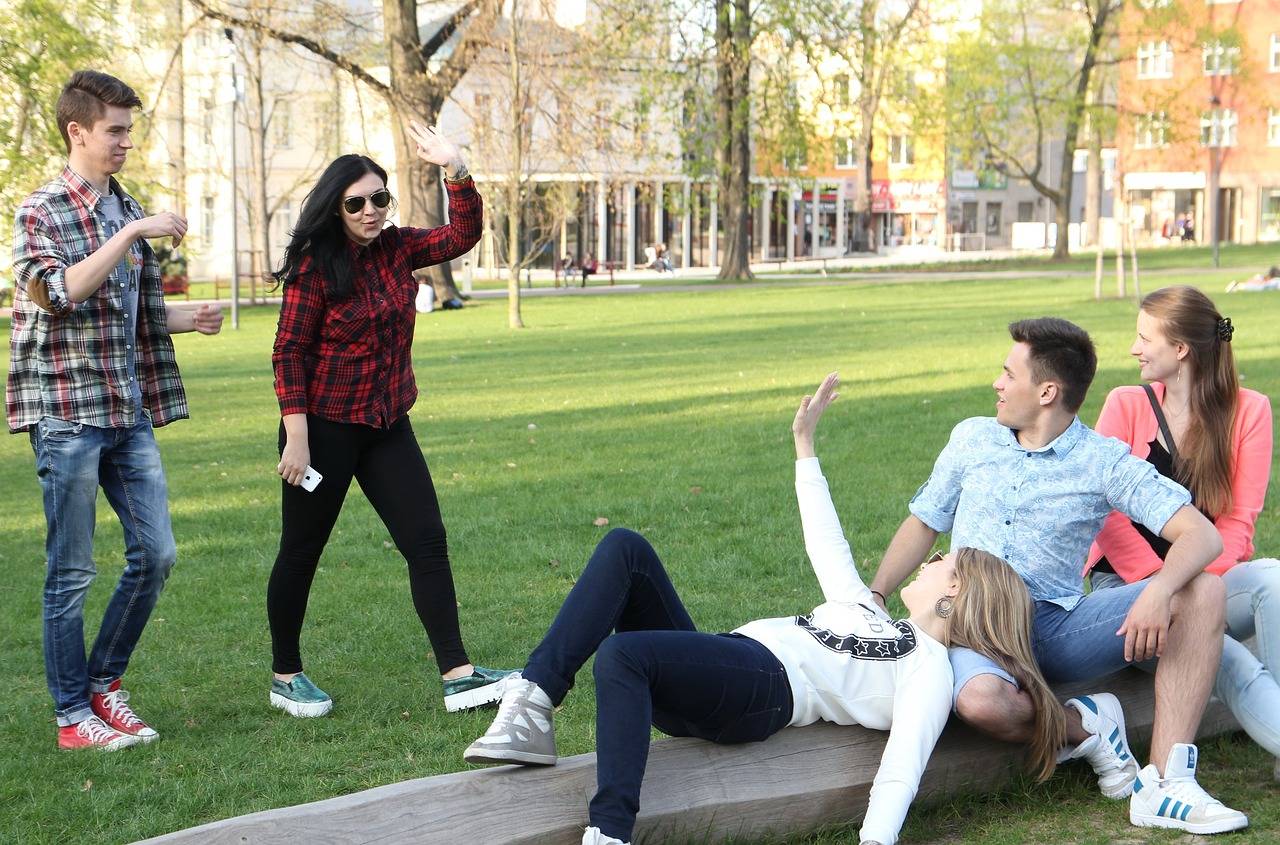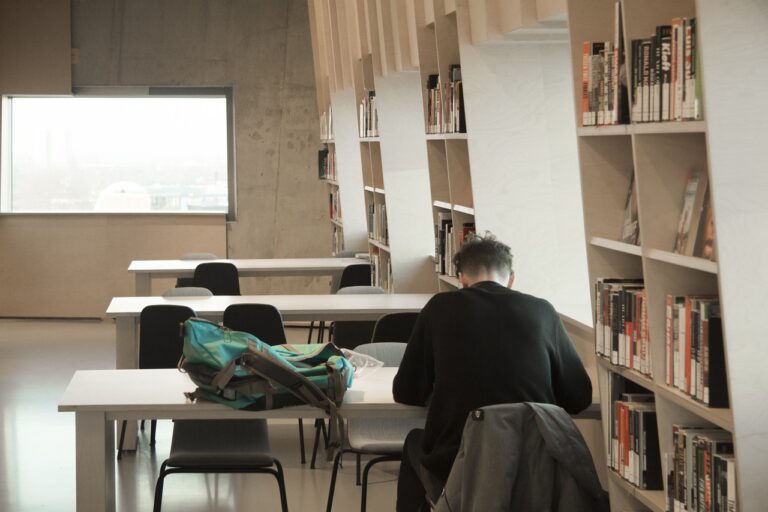Exploring the Benefits of Service-Learning in Career and Technical Education
Hands-on experience is a critical component of career and technical education. It provides students with the opportunity to apply theoretical knowledge in real-world settings, enhancing their understanding and retention of concepts. By engaging in hands-on activities, students develop practical skills that are essential for success in their chosen fields.
Additionally, hands-on experience fosters creativity and innovation among students. It encourages them to think critically, problem-solve, and collaborate with their peers. Through hands-on learning, students gain confidence in their abilities and are better prepared to enter the workforce upon graduation.
The Enhancement of Practical Skills through Service-Learning
Service-learning is a powerful method that promotes the acquisition of practical skills within career and technical education. By engaging in real-world projects and initiatives, students can apply theoretical knowledge to hands-on experiences, fostering a deeper understanding of the subject matter. Through service-learning opportunities, individuals have the chance to develop problem-solving abilities, critical thinking skills, and effective communication strategies, all of which are essential components of a well-rounded education in any vocational field.
Furthermore, service-learning provides students with the chance to collaborate with professionals in their respective industries, allowing them to gain valuable insights into the practical application of their learning. By working on actual projects that serve the community or address real-world challenges, participants can enhance their teamwork abilities, time management skills, and project execution capabilities. This active involvement in service-learning not only enriches students’ educational experiences but also equips them with the confidence and skills needed to succeed in their future careers.
What is service-learning?
Service-learning is a teaching and learning strategy that integrates meaningful community service with instruction and reflection to enrich the learning experience.
How does service-learning enhance practical skills?
Service-learning provides students with hands-on experience in real-world settings, allowing them to apply and practice the theoretical knowledge they have learned in the classroom.
Why is hands-on experience important in career and technical education?
Hands-on experience is important in career and technical education because it allows students to develop practical skills that are essential for success in their chosen field.
Can service-learning benefit students in other ways besides enhancing practical skills?
Yes, service-learning can also help students develop important soft skills such as communication, problem-solving, and teamwork, as well as fostering a sense of civic responsibility and community engagement.
How can educators incorporate service-learning into their curriculum?
Educators can incorporate service-learning into their curriculum by partnering with local organizations and community groups, designing projects that align with learning objectives, and providing opportunities for reflection and feedback.






